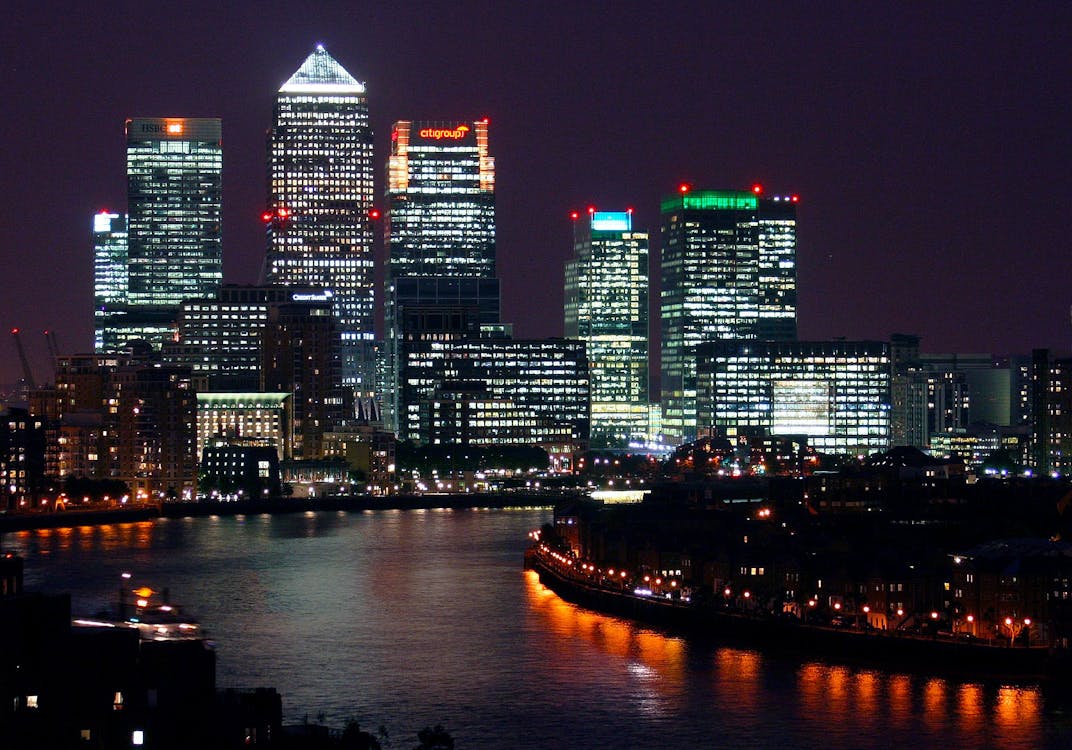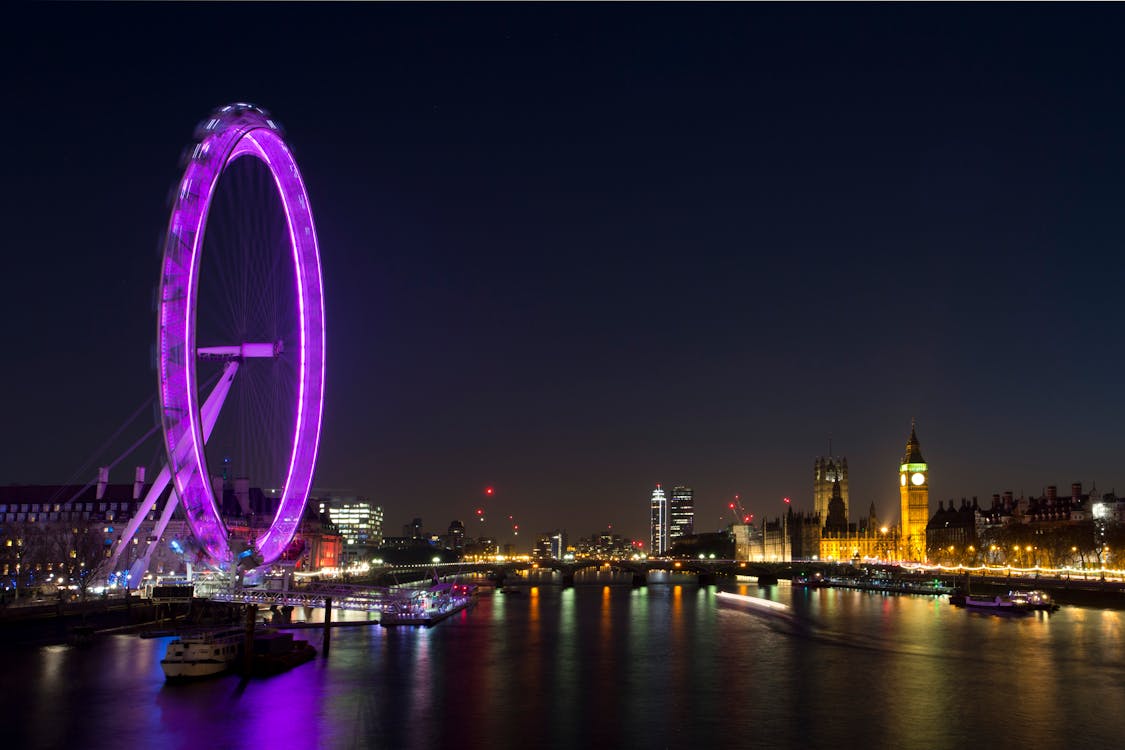Wed 15 February 2023:
The London skyline at night may look very different than it does today, as the city authorities have drafted new rules requiring skyscrapers to dim their lights overnight.
The move will “cut light pollution and save energy,” according to the City of London Corporation, which governs the financial district.
Following the adoption of the new rules, high-rise buildings in the Square Mile – the area of London where the majority of high-rise buildings remain clustered – will be required to turn off unnecessary lights in the building after sunset.
The new buildings will have to compulsorily follow the rules. The authorities will encourage the existing buildings to adopt the policy, however, it won’t be mandatory.
The authorities have introduced the rule as an increasing amount of evidence shows the light pollution’s devastating impact on human health and biodiversity as well as the wasted energy.

What is the new policy?
The new policy has been stated in the ‘Lighting Supplementary Planning Document’, as reported by Britain’s Financial Times.
According to the plan, different curfews will be imposed on various ‘brightness zones’ across the capital. If the rule is implemented, businesses in heritage and residential areas will have to switch off lights at 10 pm and businesses in tourist and cultural areas will be allowed to keep the lights on till 11 pm.
In commercial areas, people are allowed to keep unnecessary lights on until midnight. City of London Corporation planning and transportation committee chairman Shravan Joshi said that currently, the document is under the process of consultation.
“The City is a unique place in which 24/7 business districts and busy transport hubs rub up against historic buildings and residential neighbourhoods,” he said.

“The strategy laid out in this document is aimed at ensuring an intelligent, sensitive approach to lighting which ensures the City is safe and accessible while protecting its historic character and the amenity of our residents,” Joshi added.
On a clear night, the human eye should be able to see thousands of stars, according to the researchers. However, only about 30% of the world’s population has a clear view of the stars. This is because artificial light in most areas obscures the night sky.
The’skyglow’ also has a negative impact on biodiversity. In the United Kingdom, 60% of wildlife depends on natural darkness for survival, as natural signals regulate pollination, migration, and reproduction.
Light pollution also has a negative impact on human health by disrupting circadian sleep rhythms, which can lead to depression and heart and blood problems.
SOURCE: INDEPENDENT PRESS AND NEWS AGENCIES
___________________________________________________________________________________________________________________________________
FOLLOW INDEPENDENT PRESS:
TWITTER (CLICK HERE)
https://twitter.com/IpIndependent
FACEBOOK (CLICK HERE)
https://web.facebook.com/ipindependent
Think your friends would be interested? Share this story!





